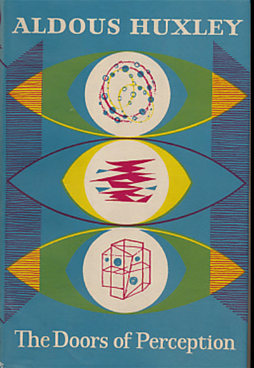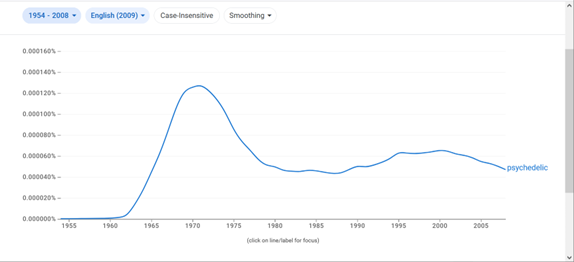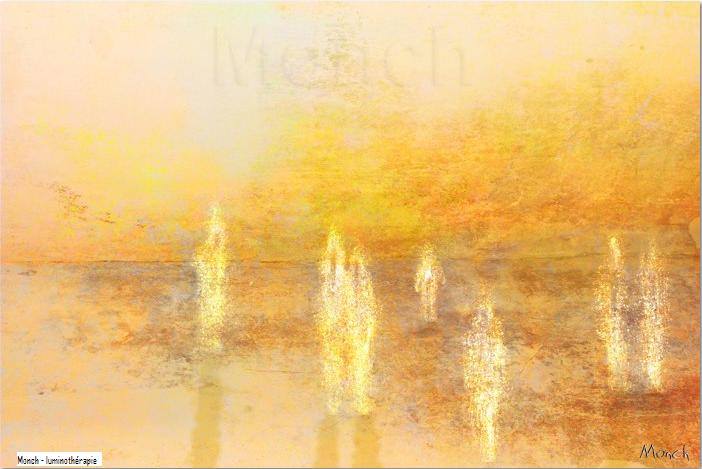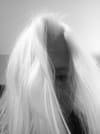Eat your Heart Out Castaneda: The Canadian Origin of the Word Psychedelic

Back in what we might consider a more “conservative” decade it was a Canadian who, in 1956, coined the word “psychedelic”. The orthography took some time to settle, and in its early years it was sometimes spelled “psychodelic”.
No longer quite so popular a term (see n-gram chart below), the new coinage saw its heyday from the mid-1960s through the 1970s.

The Canadian creator of the word was a psychiatrist named Humphry Osmond, who had been conducting drug research and experimentation using mescaline and LSD. It is in this context that he created this exquisite word.
Osmond was born in England in 1917 and later moved to Canada. In World War II he served as a surgeon and during that time trained as a psychiatrist. After the war, he began working at St. George’s Hospital in London, where he met an important future collaborator, John Smythies. Osmond and Smythies first became acquainted with the drugs mescaline and LSD while working at together at St. George’s. During this research they both noted that the drugs produced conditions similar to those exhibited in patients with schizophrenia, so leading them to the hypothesis that certain mental illnesses may be caused by chemical imbalances within the brain. However, St. George’s was less than impressed with their theories. It seems that this poor reception from the British psychiatric community prompted the pair to immigrate to Canada, where they eventually joined the Weyburn Mental Hospital in Saskatchewan.
Osmond, along with a group of researchers he brought together at Weyburn, began to delve much more deeply into various hallucinogenic drugs to better understand mental conditions — schizophrenia in particular. His theories and research are fascinating, but that is outside the scope of this essay. So, let us return to the coinage of his word.
During this medical research, Osmond began to perceive the potential of mind-expanding and spiritual experiences that could be had through the use of these drugs.
Meanwhile, Aldous Huxley (author of “Brave New World” fame amongst many other works of literature and poetry) had developed a keen interest in the educational and spiritual properties of hallucinogenic drugs. The two began a correspondence, and in one letter, Huxley (who was living in the United States at the time) asked Osmond if he could provide him with a dose of mescaline.
In May of 1953, Osmond travelled to a conference in the United States, and it was there that he brought the requested dose to Huxley. He was also willing to administer the drug at Huxley’s California residence.
After going on this “trip”, Huxley wrote “The Doors of Perception”, where he described his experiences, and where he included some notes referring to Osmond.
Later, in 1956, at a meeting of the New York Academy of Sciences, Osmond suggested his new word “psychedelic” that meant "mind-manifesting" (from "mind", ψυχή (psyche), and "manifest", δήλος (delos) and called it "clear, euphonious and uncontaminated by other associations”.
Mind-Manifesting. Clear. Euphonious. Uncontaminated.
My goodness, what a lucid definition!
Upon learning of his friend’s new coinage, Huxley wrote:
To make this mundane world sublime, just half a gram of phanerothyme (θυμός (thymos) meaning 'spiritedness' in Ancient Greek).
Osmond, who appears to have had a ready wit and a talent with words, wrote back:
"To fall in Hell or soar Angelic, you'll need a pinch of psychedelic."
Or he may have written (depending on your sources):
"To fathom Hell or soar angelic, just take a pinch of psychedelic."
In addition to his continued medical research and psychiatric practice, Osmond also became involved with First Nations ceremonial events, and on at least one occasion took peyote with the Red Pheasant Band in Saskatchewan. He later documented this experience in Tomorrow Magazine in the spring of 1961.
He died in 2004 in Wisconsin at 86 years of age.
Would you like to read other posts? If so, please click the Home Page link below:

You, Dear Reader, are much needed and appreciated.
Everything written requires a reader to make it whole. The writer begins, then you, dear reader, take in the idea and its image, and so become the continuation of its breath. Please subscribe so that my words can breathe. Consider this my hand, reaching out to yours.
